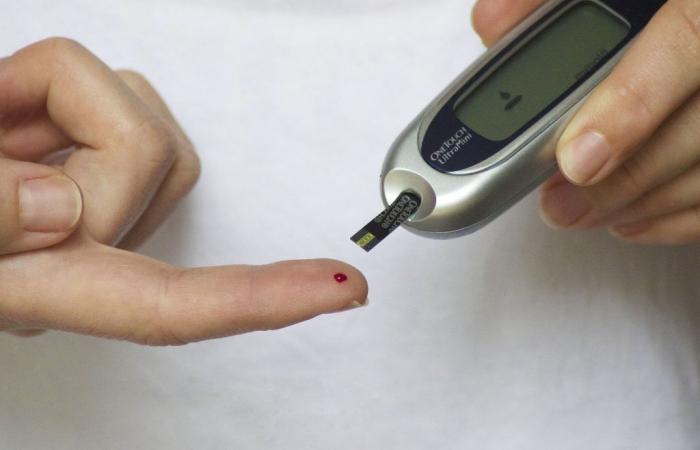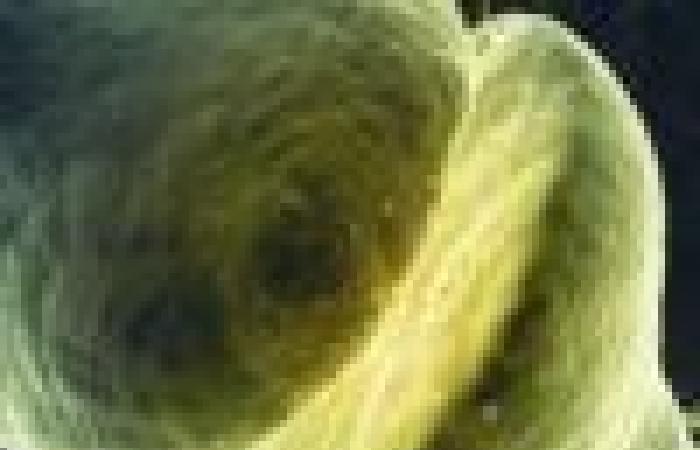⇧ [VIDÉO] You might also like this partner content
Chinese researchers have achieved the unprecedented feat of reversing type 1 diabetes in a 25-year-old woman using advanced stem cell therapy. This feat is based on the transplantation of reprogrammed stem cells and marks a world first. The patient is therefore the first person with type 1 diabetes to benefit from a transplant of cells from her own body to treat her disease.
In France, nearly 4 million people live with diabetes, more than 90% of whom suffer from type 2 diabetes, also called “non-insulin dependent diabetes”, characterized by insufficient insulin production. Type 1 diabetes is an autoimmune disease in which the immune system destroys pancreatic islet cells, which are essential for insulin production. Although insulin injections are commonly used to manage this condition, it has side effects, including reduced life expectancy, weight gain, and risk of diabetic coma.
Pancreatic islet transplantation therefore presents itself as a promising solution for treating diabetes, offering hope for better comfort of life. As Wang Shusen, co-author of the new study, explains, “traditional islet transplantation therapy can alleviate these problems and has shown clear progress as a therapeutic alternative, but a shortage of pancreas donors limits its application.” Additionally, taking immunosuppressive medications to prevent rejection of donor cells adds additional complexity.
With colleagues from Tianjin First Central Hospital, Peking University, Changping Laboratory and Hangzhou Reprogenix Bioscience, Shusen developed a more effective and promising alternative approach: transplantation of islet cells derived from chemically induced pluripotent stem cells (islets CiPSC). In other words, they used reprogrammed cells from the patient herself.
Stem cells reprogrammed to treat type 1 diabetes
In April this year, a group of researchers from Shanghai had already successfully transplanted insulin-producing islets into the liver of a 59-year-old patient with type 2 diabetes. The islets came from reprogrammed stem cells extracted from the body of the patient. Shusen and his colleagues took this approach as inspiration for their new study.
According to a press release published in
Naturein 2022, Deng Hongkui, director of the Stem Cell Research Center at Peking University and co-author of the new study, conducted an initial trial by extracting cells from three patients with type 1 diabetes. The team returned these cells to a pluripotent state, explaining that “pluripotent stem cells have unlimited proliferation capacity and can transform into all types of functional cells, making them the pillars of regenerative medicine.”
These pluripotent cells only exist naturally in the early stages of embryonic development and lose their “seed cell” capacity as they transform into different types of adult cells. Shinya Yamanaka reversed this natural process two decades ago by introducing proteins allowing the expression of certain genes. By 2022, Deng and his colleagues had exposed patients’ highly differentiated adult cells to small chemical molecules to return them to a pluripotent state. They then used these chemically induced pluripotent stem cells to generate pancreatic islet cells.
A real clinical success
In a recent study published in the journal CellDeng and colleagues described the injection of 1.5 million CiPSC islets into the abdominal muscles of a woman with type 1 diabetes for 11 years and totally dependent on insulin. 75 days after the transplant, his body was producing enough insulin to not require injections for over a year. In addition, no hypoglycemia was observed by doctors.
See also
« It’s remarkable. If this applies to other patients, it will be wonderful said Daisuke Yabe, a diabetes researcher at Kyoto University. Jay Skyler, an endocrinologist at the University of Miami, stressed that while the results are promising, they still need to be replicated in other patients. Deng said the results on the other two study participants are positive and they will be expected to reach the one-year mark by November.
Deng says his team is currently conducting research to develop cells that can evade patients’ autoimmune responses. This is because there is still a risk that the immune system will attack the islets, although this has not yet been seen in patients who received the injections during the study.







